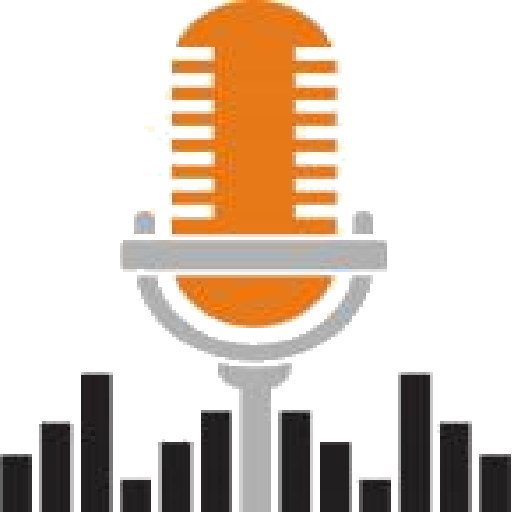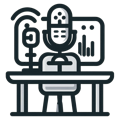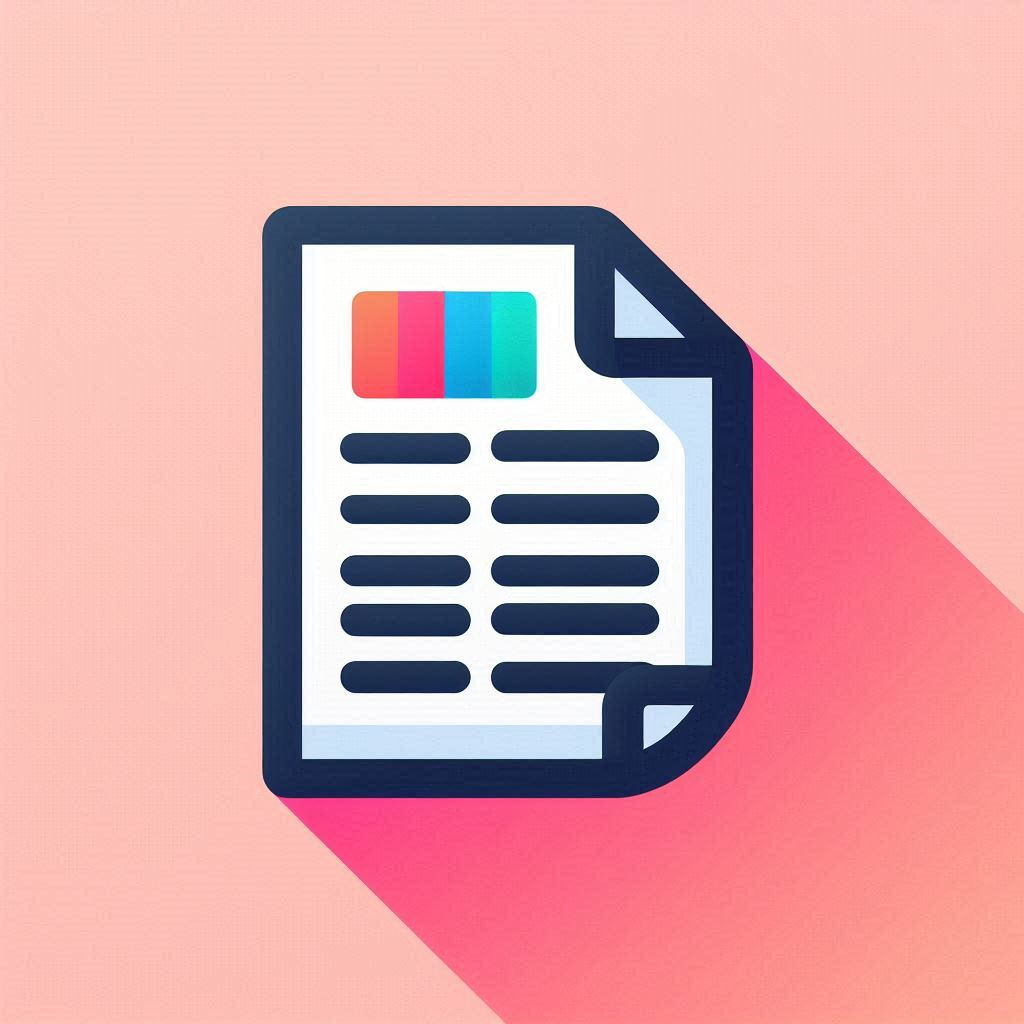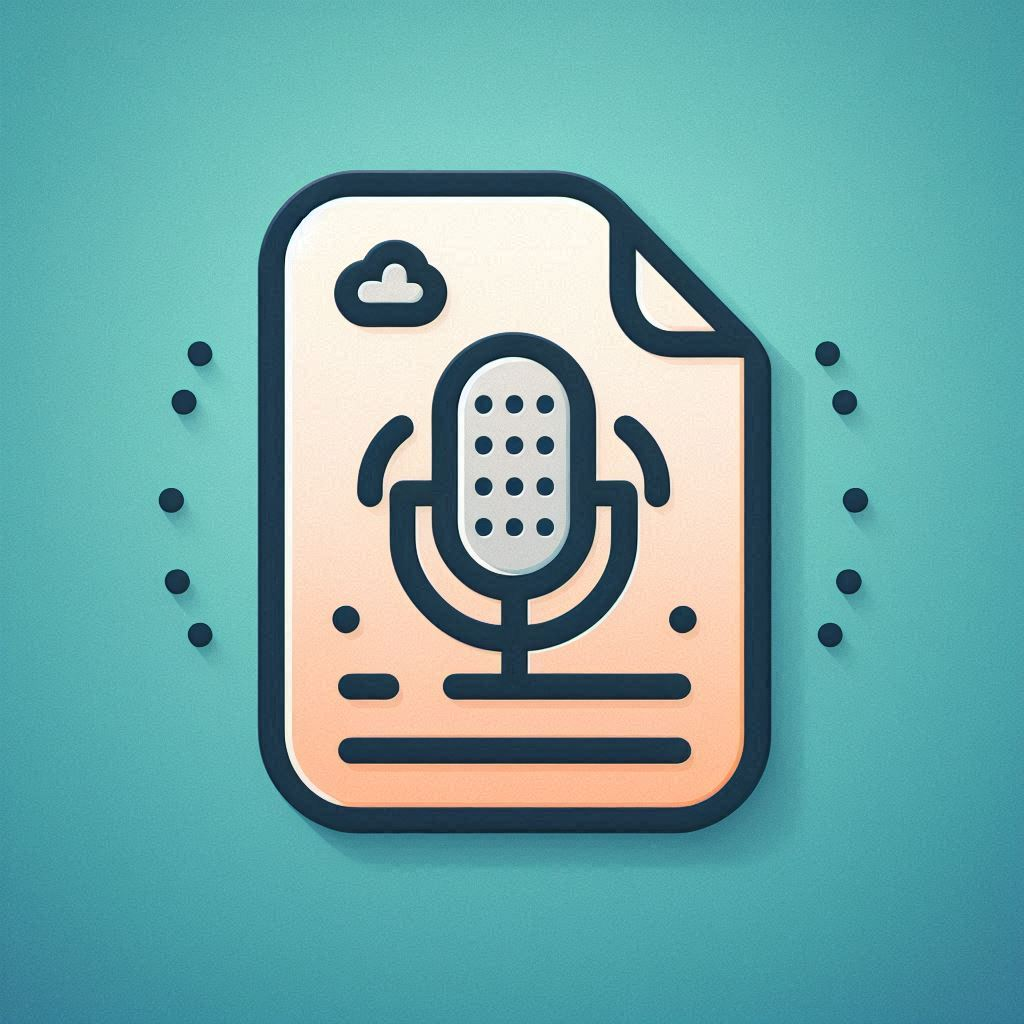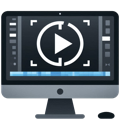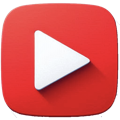Podcasting Tools
Podcast Pontifications
Get My Free Podcast Money Making Guide Here
FREE PODCASTING TOOLS
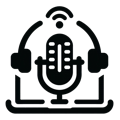
|
|||
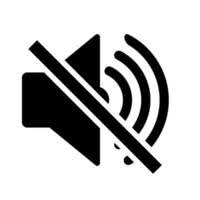 Remove Background Noise Remove Background Noise |
|||
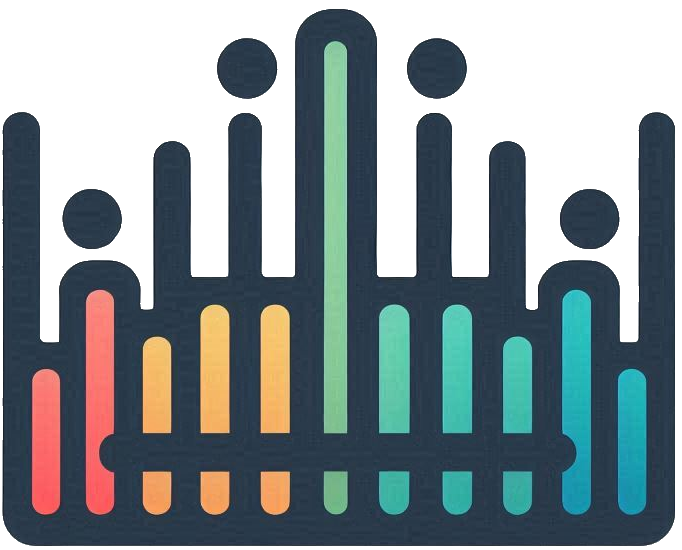
|
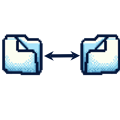
|
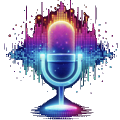 Voice Cloning Voice Cloning |
|

|
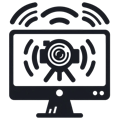
|
||

|

|

|

|
Podcasting Tools
Let’s break down the foundational tools that every podcaster needs:
Microphones: Your microphone is your voice to the world, so choose wisely.
- Dynamic Microphones: These are durable, handle loud sounds well, and don’t require external power. They’re great for beginners and those recording in less-than-ideal environments.
- Condenser Microphones offer greater sensitivity and detail but require phantom power and are more susceptible to background noise. They’re ideal for controlled studio settings.
- USB Microphones: These plug directly into your computer, simplifying setup. They’re convenient for beginners but might have limitations in sound quality compared to XLR microphones.
Audio Recorders/Interfaces: These capture and convert your audio into a digital format.
- Portable Recorders: These are ideal for on-the-go recording, interviews, and fieldwork. They offer convenience and portability.
- Audio Interfaces: These connect your microphone to your computer, providing better audio quality and more control over your recordings. They’re suitable for home studio setups.
Headphones: A great pair of headphones lets you monitor your audio in real time, ensuring you catch any issues during recording and editing. Look for comfortable headphones with good sound isolation.
Editing Software: This is where you’ll polish your raw audio into a finished podcast episode.
- Audacity: This free, open-source software is a favorite among podcasters for its wide range of features and user-friendly interface.
- Adobe Audition: This paid software offers advanced editing tools with seamless integration with other Adobe products. It’s ideal for those seeking professional-grade editing capabilities.
Hosting and Distribution Platforms: These store your podcast episodes and make them available on platforms like Apple Podcasts, Spotify, and Google Podcasts. Popular options include Buzzsprout, Libsyn, and Podbean.
Other Essential Tools:
- Pop Filter: Reduces plosive sounds (like “p” and “b” sounds) for clearer vocals
- Microphone Stand/Boom Arm: Provides stability and flexibility for microphone positioning.
Beyond the Basics: Exploring Additional Podcasting Tools
Once you’ve got the essentials down, you might explore these additional tools to enhance your podcasting workflow:
- Remote Recording Platforms: Tools like Riverside.fm and SquadCast make it easy to record high-quality interviews with guests remotely, no matter where they are in the world.
- Transcription Services: Transcribe your episodes for accessibility, SEO purposes, or to repurpose content into blog posts or social media snippets.
- AI-Powered Audio Editing Tools: Tools like Descript and Auphonic leverage AI to automate tasks like audio cleanup, leveling, and even editing based on transcriptions.
- Podcast Analytics: Track listener demographics, downloads, and other metrics to understand your audience and measure your podcast’s success.
Choosing the Right Tools for You
With so many options, how do you decide which tools are right for you? Consider these factors:
- Budget: Podcasting can be done on a shoestring budget or with a significant investment. Start with the essentials and upgrade as you grow.
- Technical Expertise: If you’re not tech-savvy, choose user-friendly tools with a gentle learning curve.
- Podcasting Style and Goals: The type of podcast you’re creating will influence your tool choices. For example, a remote recording platform is essential if you plan to do lots of interviews.
- Future Plans: Think about scalability. Will the tools you choose support your growth as your podcast expands?
